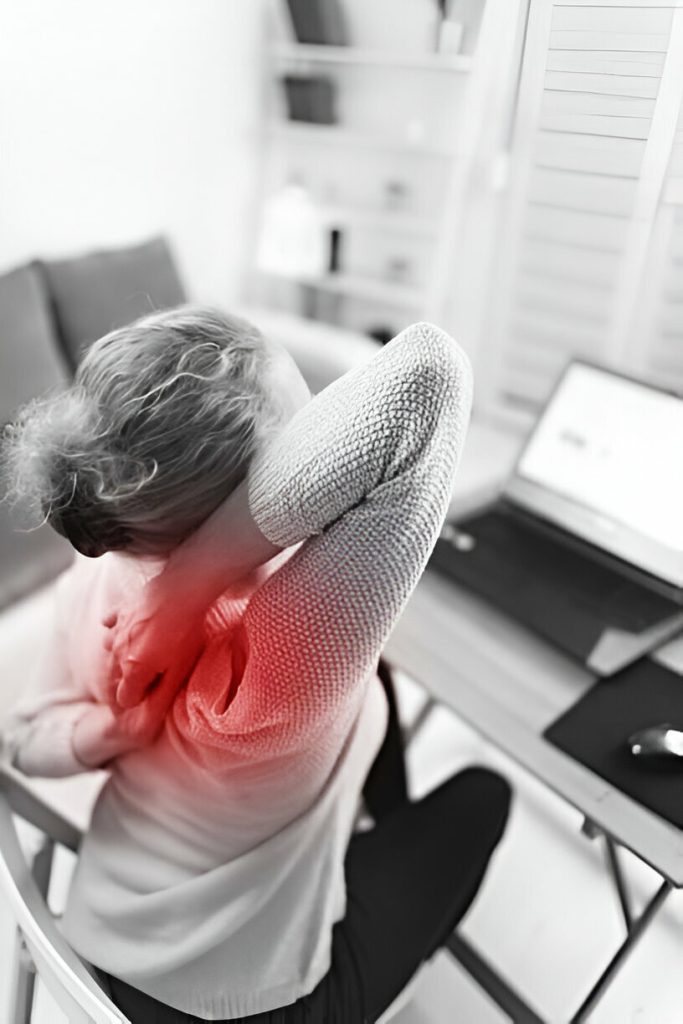The latest studies suggest that just under 28 million adults in the UK suffer from some form of chronic pain. And this figure is likely to keep increasing as the population continues to grow. Chronic pain is defined as consistent pain that remains long after the expected recovery period. Or it is the pain associated with a chronic condition such as arthritis.
Anyone who suffers from chronic pain knows just how impactful it can be on your day to day life. It dominates your mind and can make even the simplest tasks extremely difficult. Luckily, thanks to advancements in technology and medicine, it is easier than ever before to manage chronic pain. Today we are going to take a deep dive into the most effective methods for managing chronic pain.
TENS
TENS stands for transcutaneous electrical nerve stimulation. A TENS machine is a simple battery powered device that sends small electrical impulses into your body through small sticky pads. The effect of these impulses is twofold. Firstly, the impulses will help reduce the pain signals being transmitted to the brain. This is the same principle used by painkillers such as paracetamol.
TENS machines also help relax your muscles. This is particularly useful for people whose chronic pain is more focused in their legs, arms, or back. This process will also release endorphins into the body which act as a natural painkiller.
Medical Cannabis
Cannabis is one of the best natural painkillers out there. It is non-addictive and can be used to combat a number of conditions. Both mental and physical. There have been numerous studies conducted into the effectiveness of cannabis when treating chronic pain. These studies have found that Indica strains are the best choice for physical pain relief.
The United Kingdom legalized the use of medical cannabis back in 2018. Even so it can be difficult to get a prescription in some of the smaller cities. Whereas getting a medical cannabis prescription in Glasgow, London, Liverpool, or any of the major cities is a lot easier. This is primarily due to the availability of the cannabis plant within small town hospitals or clinics.
Physical Therapy
If you are suffering from chronic pain, particularly if it is localized in your lower back or legs, then you should consider a course of physiotherapy. This is an exercise regime that is specially designed to help strengthen the affected areas of your body.
The effects of physiotherapy are numerous. Firstly, it can help strengthen the muscles which may have been weakened by the initial condition. This is especially useful for those suffering from arthritis. Exercise also releases a number of beneficial chemicals into the body, including endorphins. And, as we said above, endorphins are a natural painkiller.
It is very likely that your GP will prescribe you a specific physiotherapy regime once you leave hospital or during a check up appointment. It is important that you stick to the course and do the exercises as often as your doctor prescribes.
Massage
When people think of massages they often think they are just for relaxation. But they are also a fantastic tool for managing chronic pain. Different massage techniques can help the body in different ways. The most obvious effects of a good massage is increased blood flow and muscle relaxation. Reducing tension in your muscles and joints can go a long way to reducing the intensity of your chronic pain.
Some massage techniques can even help remove waste products from your body. By targeting certain pressure points, your body will expel a lot of excess waste. Think of it as a complete body detox. It might not be a pretty sight when it happens. But the benefits to your body cannot be overstated. The reduction of waste in the body will promote better muscle growth and produce more healthy chemicals within your body, such as endorphins.
Quit Smoking
Smoking is one of the most unhealthy things you can do. Aside from the numerous long term risks such as cancer, smoking also has a number of short term effects such as reducing the amount of oxygen delivered to your bloodstream. This will slow down your body’s natural recovery processes and prolong your chronic pain.
Smoking also impacts your sleep quality too. Studies have shown that those who don’t smoke tend to get a better night’s sleep than those who do. And sleep is a vital part of the body’s regenerative process. Ergo, getting better sleep will help your chronic pain vanish faster.

